Author Unknown0444897828
The next chapter deals with the thermal conductivity of rare earth containing materials and is the first major review on this topic. A great deal of information can be obtained on the electrical and magnetic nature of these solids, because of the varied response of the thermal conductivity to long range magnetic order, spin glass behavior, heavy fermions and Kondo lattices, crystalline electric fields, and superconductivity in metallic systems. The thermal conductivity of insulators and semiconductors is also reviewed.
The third and fourth chapters deal with special classes of materials rather than measuring techniques as found in the first two chapters and the last one of this volume. The authors discuss the chemistry, structure, electrical, magnetic and thermal behaviors, spectroscopic (vibrational, ultraviolet-visible and Mössbauer) properties, and luminescence of pyrochlores.
The longest chapter in this book deals with the crystal structures of approximately 100 of the ˜225 known minerals. These minerals were grouped into five classes based on the types of anionic groups found in the various structures. Within each class the minerals are arranged by the sizes of the anionic groups (isolated groups, chains, sheets or plates, and three-dimensional frameworks). The chapter is well illustrated with drawings of the structures and anion coordination polyhedra around the rare earth ion.
The last chapter is concerned with appearance potential spectroscopy (APS), which measures the probability for electronic excitation of a core level as a function of the incident electron energy. This is a technique which in the future may be accepted as a popular analytical tool for the material characterization of surfaces.
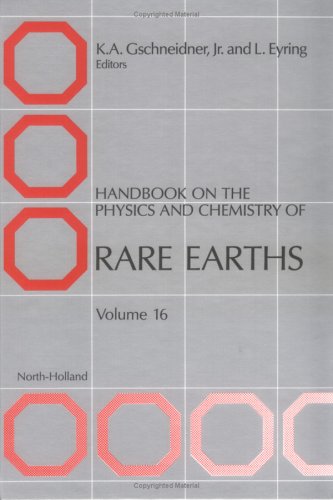
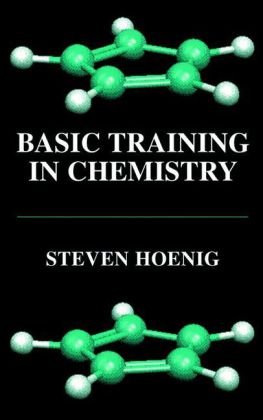
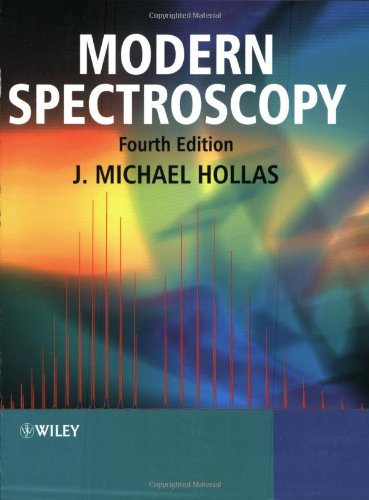
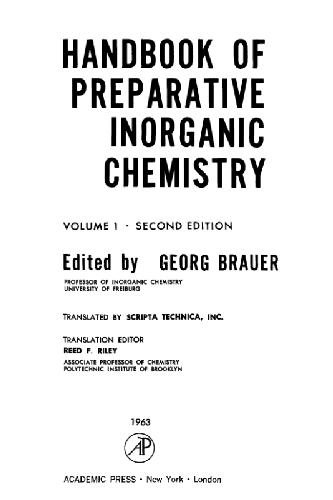
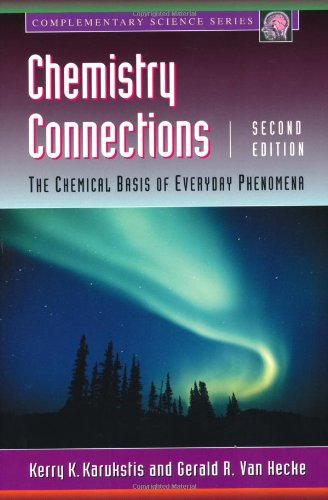
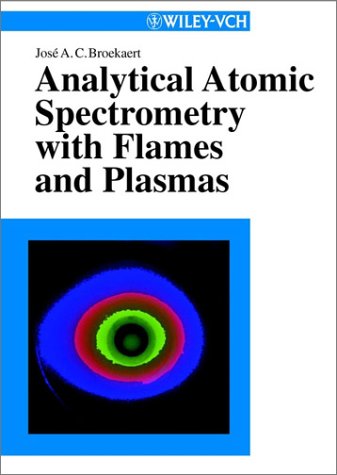
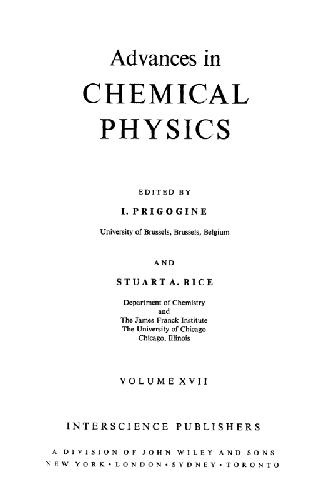
Reviews
There are no reviews yet.